Your post-workout routine doesn’t end when you leave the gym, in fact, recovery is where the real magic happens. Whether you’re hitting the weights, crushing cardio, or simply staying active, what you feed your body after exercise directly impacts your muscle recovery, immune function, mental focus, and cardiovascular health.
In this guide, we’ll explore the essential nutrients for recovery that help your body rebuild, recharge, and bounce back stronger, naturally.
💪 Nutrients That Support the Immune System After Exercise
Exercise, especially high-intensity training, is a form of controlled stress. While it strengthens the body over time, it can temporarily affect immune function. To help your body stay resilient and maintain natural defenses, nourishing it with key nutrients that help balance inflammation and promote cellular repair is important.
Incorporating immune-supportive foods into your post-workout nutrition plan can help your body adapt to stress, maintain healthy tissue, and support immune system function.
🍊 Vitamin C
This well-known antioxidant plays a vital role in tissue repair and the body’s natural ability to handle oxidative stress caused by physical exertion. It supports collagen production, which is important for connective tissues, and helps protect immune cells.
Top sources: oranges, bell peppers, strawberries, broccoli
☀️ Vitamin D
Often called the “sunshine vitamin,” vitamin D supports the body's natural immune defenses and helps maintain a balanced inflammatory response. Regular exercise may increase your body’s need for vitamin D, especially if you're training indoors or during the colder months.
Top sources: fatty fish like salmon, fortified milk, egg yolks, and supplementation
🥜 Zinc
Zinc is a trace mineral that supports immune cell function and helps maintain the body's ability to repair tissues post-exercise. It also plays a role in antioxidant defenses, helping the body manage stress from intense workouts.
Top sources: pumpkin seeds, lean beef, chickpeas, cashews
🏋️♂️ Nutrients That Fuel Muscle Recovery and Growth
When you exercise, tiny microtears occur in your muscle fibers, a normal and necessary part of building strength. Your body then works to repair and rebuild those fibers, making them stronger and more resilient over time. To support this natural process, fueling your body with the nutrients that help maintain muscle health and reduce post-exercise soreness is important.
🍳 Complete Protein
Protein provides essential amino acids your body uses to rebuild and strengthen muscle tissue. Consuming complete proteins after a workout supports recovery, helps reduce muscle breakdown, and encourages healthy muscle growth.
Top sources: eggs, lean meats like chicken or turkey, Greek yogurt, quinoa
💪 BCAAs (Branched-Chain Amino Acids)
These three essential amino acids, leucine, isoleucine, and valine, play a key role in post-exercise muscle repair. They help maintain muscle tissue, support energy during exercise, and assist the body’s natural recovery process to reduce muscle soreness.
Top sources: chicken, tuna, eggs, whey protein, or BCAA supplements
🌿 Magnesium
Magnesium is an essential mineral involved in over 300 biochemical reactions in the body, making it a key player in post-workout recovery. When it comes to muscle health, magnesium helps regulate muscle contractions, supports relaxation, and reduces the likelihood of cramping or spasms after exercise. It also plays an important role in energy production and nervous system balance, making it crucial for both physical performance and restful sleep.
There are several forms of magnesium, and each offers different support:
- Magnesium Glycinate – Known for its calming properties, it may help ease muscle tension and promote better sleep.
- Magnesium Citrate – Supports digestion and muscle relaxation, making it a popular choice for active individuals.
- Magnesium Malate – Often used to support energy production and reduce post-exercise fatigue.
- Magnesium Chloride – Common in topical applications to target localized muscle soreness and tension.
- Magnesium L-Threonate – Known for its ability to cross the blood-brain barrier, it may support cognitive recovery, mental clarity, and nervous system balance after intense physical or mental exertion.
Magnesium has vital benefits, including supporting muscle recovery, improving sleep quality, and helping your body reset.
Top food sources: almonds, spinach, pumpkin seeds, cashews, dark chocolate
🧠 Nutrients That Support Nervous System Recovery
Your nervous system is your body's communication highway, it controls movement, mood, coordination, and your ability to respond to stress. Intense physical activity can temporarily tax the nervous system, so giving it targeted nutritional support can help promote recovery, restore balance, and keep you feeling focused and grounded.
🐟 Omega-3 Fatty Acids
These essential fats help maintain the health of nerve cell membranes and support overall nerve function. Omega-3s also have a calming effect on the body by helping to regulate inflammatory function, which can be triggered by strenuous activity.
Top sources: wild-caught salmon, flaxseeds, chia seeds, walnuts
🌾 B Vitamins (B6, B12, Folate)
This group of water-soluble vitamins helps support the production of neurotransmitters and plays a key role in converting food into energy. They also assist in the repair and regeneration of nerve tissue, which is important after repetitive motion or heavy physical exertion.
Top sources: leafy greens (like spinach and kale), eggs, whole grains, beans
🍒 Antioxidants
These protective compounds help defend the nervous system from oxidative stress caused by free radicals produced during exercise. Supporting antioxidant intake can help your body maintain balance and promote long-term nerve health.
Top sources: blueberries, dark leafy greens, pecans, green tea
❤️ Nutrients That Keep Your Heart and Blood Flow Strong
Your cardiovascular system powers every rep, step, and stretch, delivering oxygen and nutrients to your muscles and organs. To support efficient recovery, it’s important to nourish your heart and blood vessels with key nutrients that promote circulation, oxygen transport, and cellular energy.
Potassium – This essential electrolyte supports normal heart rhythm and helps maintain fluid balance, both of which are critical after exercise. Potassium also aids in proper muscle contraction and blood pressure regulation.
Top sources: bananas, sweet potatoes, avocados.
Iron – Iron plays a vital role in producing hemoglobin, a protein in red blood cells that carries oxygen throughout the body. Adequate iron intake helps maintain energy levels and supports post-exercise recovery.
Top sources: spinach, lean red meat, lentils, fortified cereals.
Coenzyme Q10 (CoQ10) – This antioxidant-like compound supports mitochondrial energy production, especially in the heart muscle. It also helps protect cells from oxidative stress triggered by intense physical activity.
Top sources: fatty fish like mackerel or sardines, organ meats, peanuts.
🔄 Why Nutrition Is Essential for Recovery
Skipping your post-workout fuel isn’t just a missed opportunity; it can actually work against your fitness goals. Without proper recovery, your body struggles to repair muscle tissue, replenish energy stores, and manage inflammation. This can lead to slower progress, increased fatigue, and even a higher risk of injury over time.
Giving your body the nutrients it needs after physical activity sets the stage for strength gains, improved endurance, and better resilience. Recovery isn’t just about one thing; it’s a combination of factors working in harmony.
🛌 Sleep – This is when your body does the bulk of its repair work. Deep, restorative sleep supports muscle recovery, hormone balance, and brain function, helping you feel recharged the next day.
💧 Hydration – Rehydrating after exercise helps regulate body temperature, transport nutrients, and flush out waste products like lactic acid.
🍽️ Nutrition – Your muscles need protein to rebuild, carbohydrates to restore glycogen, and key micronutrients to reduce inflammation and support overall function.
🌿 Herbal Support – Adaptogens and botanicals can help the body bounce back more efficiently by supporting stress response, immune function, and healthy circulation.
Together, these elements create a well-rounded recovery routine that supports your body’s natural processes, so you can stay active, energized, and feeling your best.
🚀 Ready to Level Up Your Recovery?
Recovery doesn’t stop when your workout ends; that’s when the real magic begins. By fueling your body with the right post-workout foods and recovery nutrients, you give it the tools to rebuild muscle, manage inflammation, support your immune system, and recharge your nervous system.
Whether you're aiming to build strength, increase endurance, or just feel less sore and more energized daily, recovery nutrition plays a key role. Simple steps like hydrating, getting quality sleep, and adding strategic support from herbs and supplements can help you bounce back quicker and perform better.
The right recovery plan helps you stay consistent, avoid burnout, and make progress without overloading your system. Your body works hard for you; help it return the favor by prioritizing recovery.
💡 Tip: Pair your post-workout meal with hydration and consider adding magnesium, adaptogens, or protein-rich foods to round out your routine.



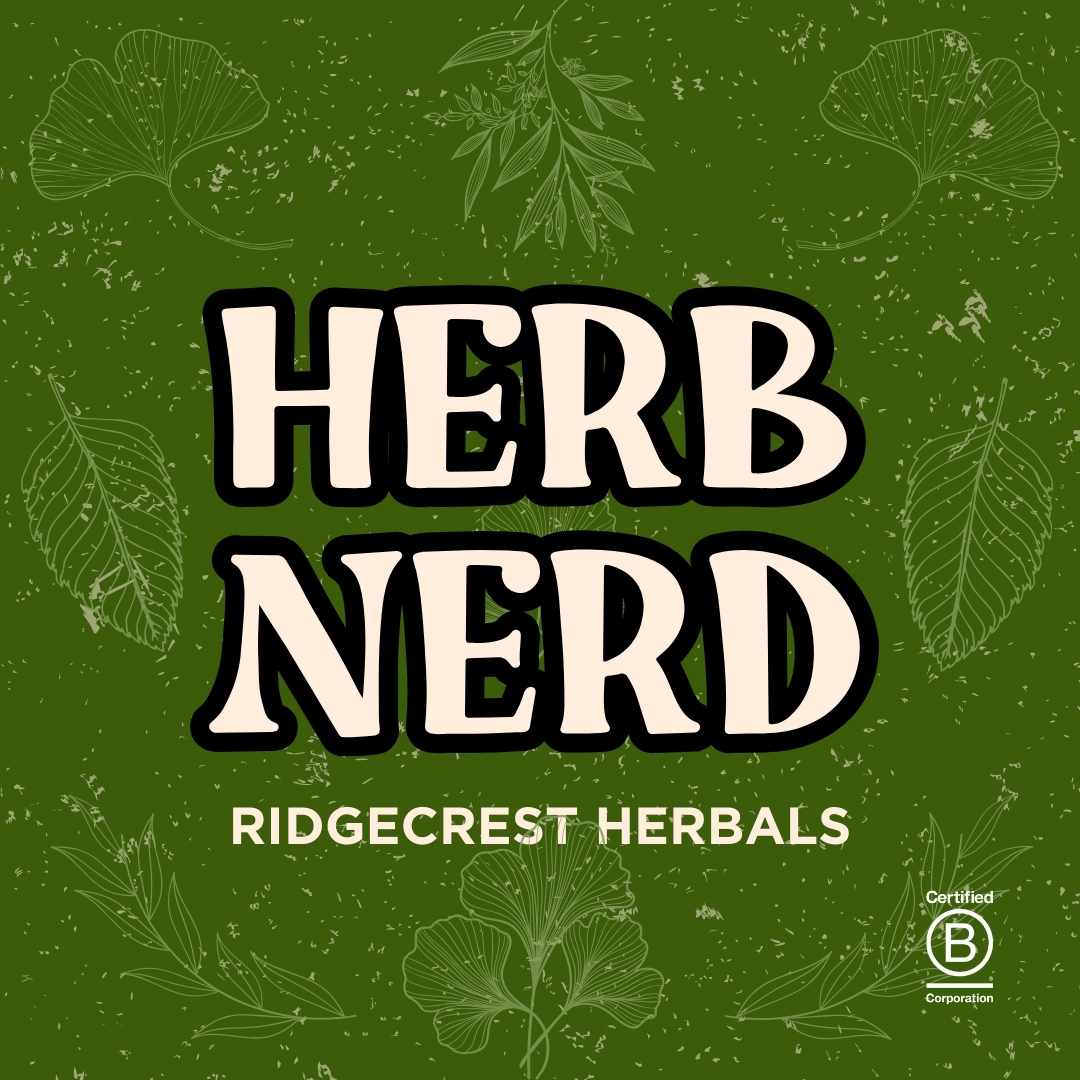
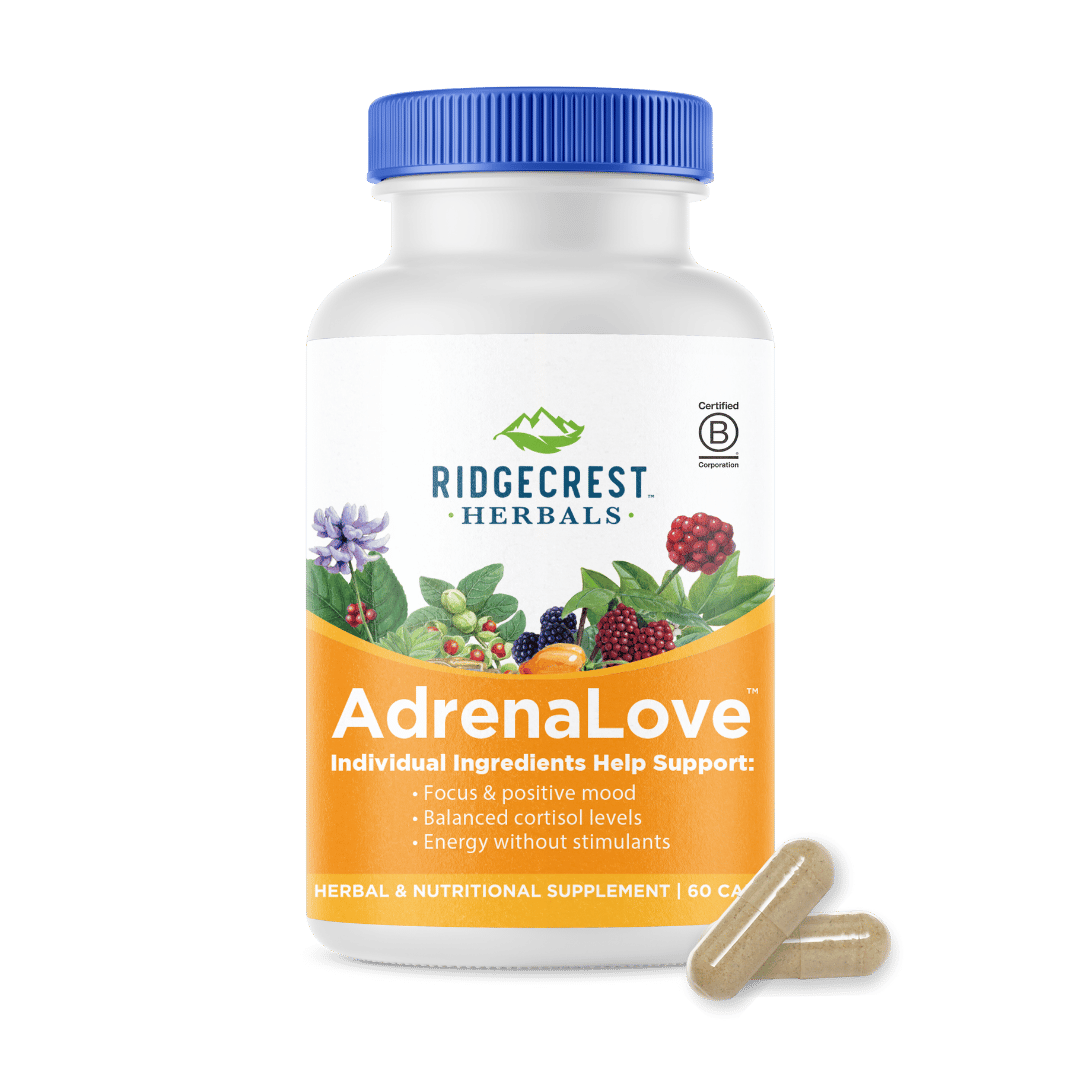
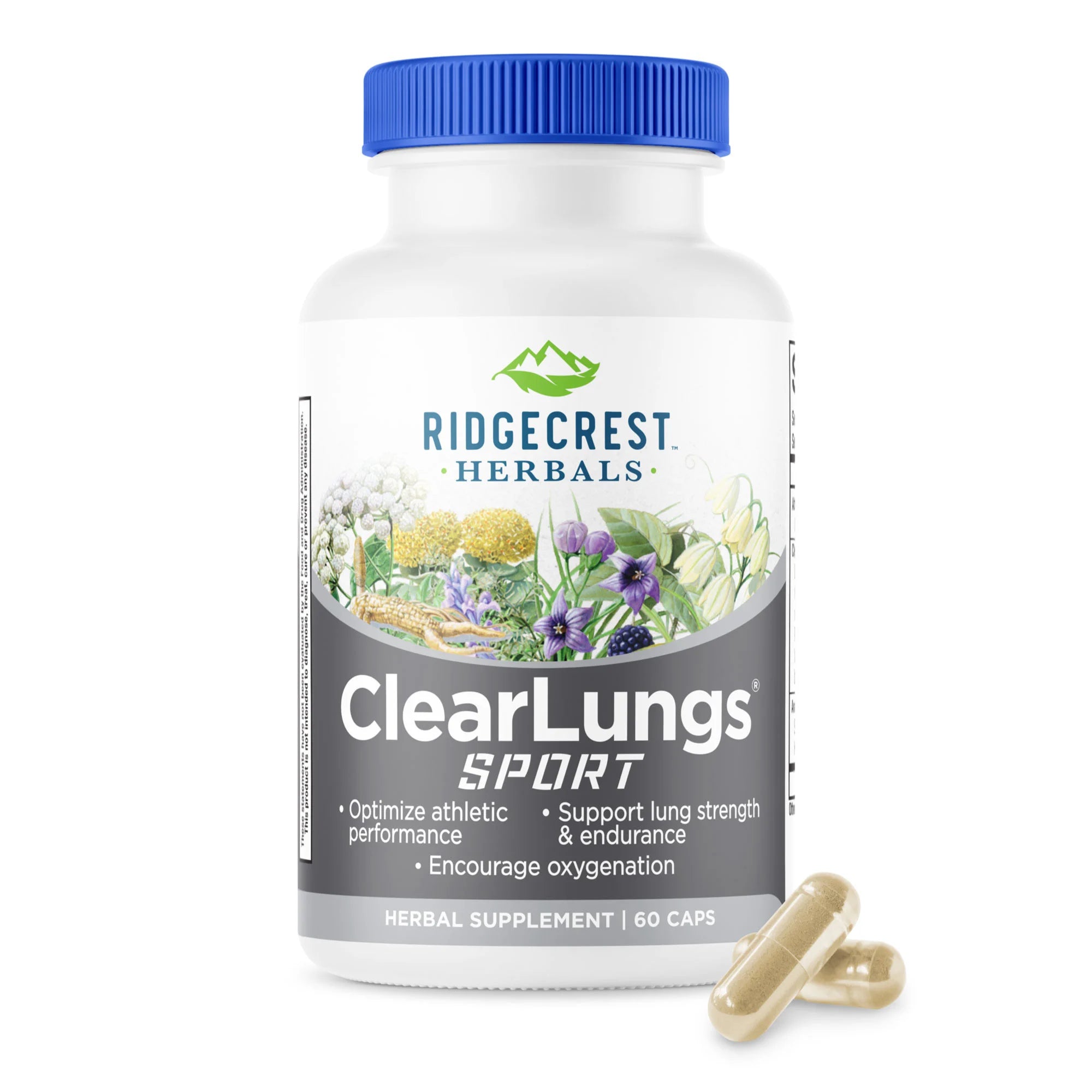
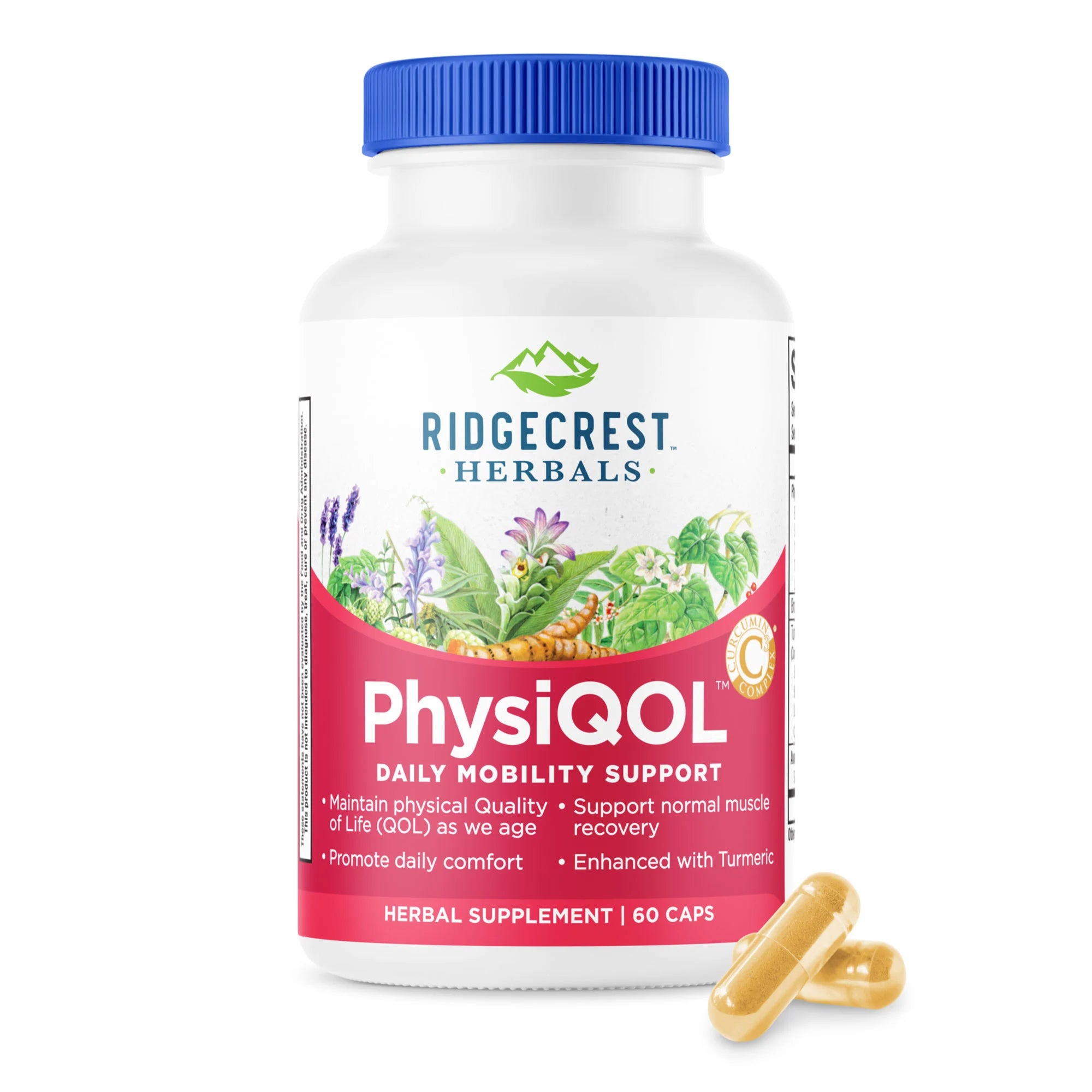
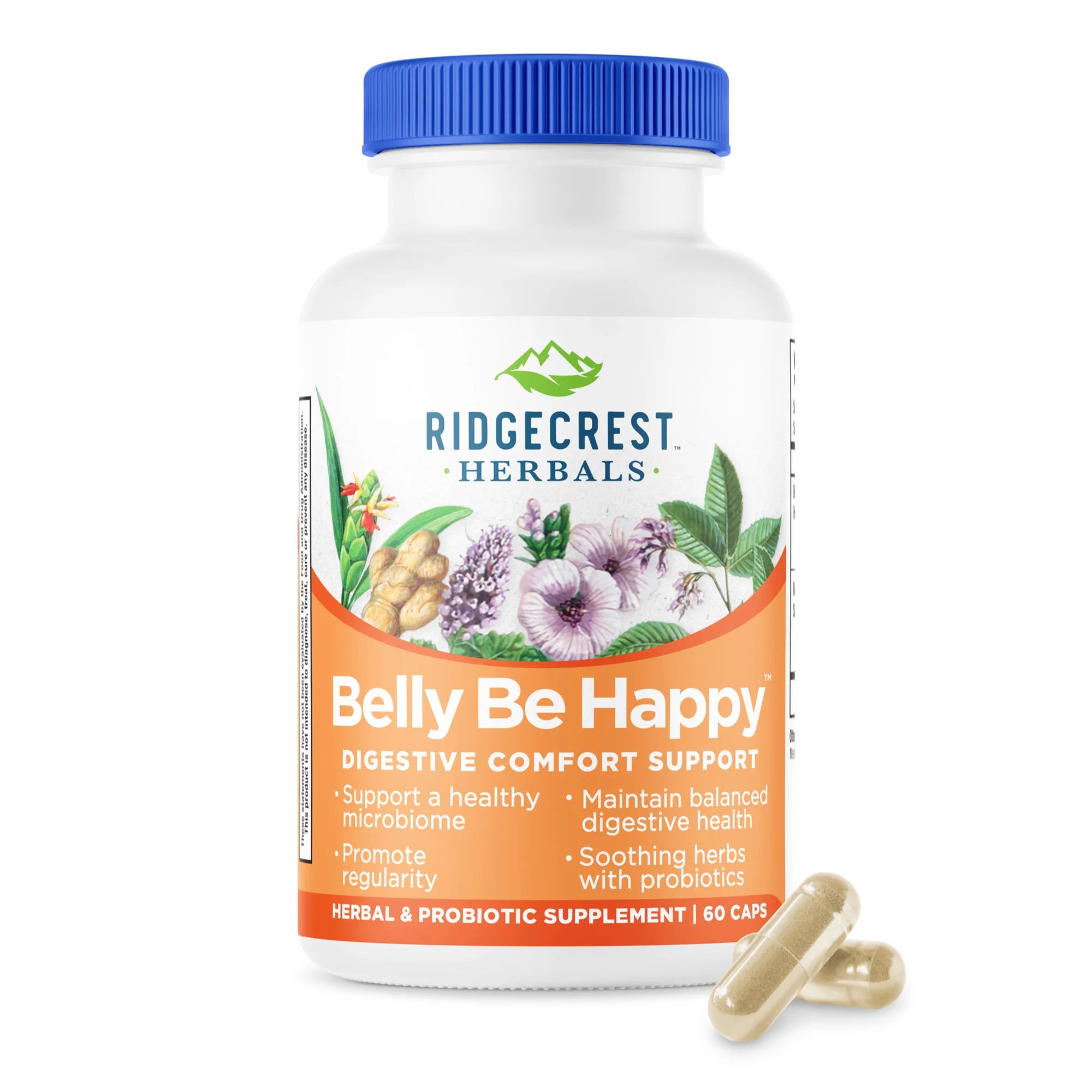
Leave a comment
All comments are moderated before being published.
This site is protected by hCaptcha and the hCaptcha Privacy Policy and Terms of Service apply.